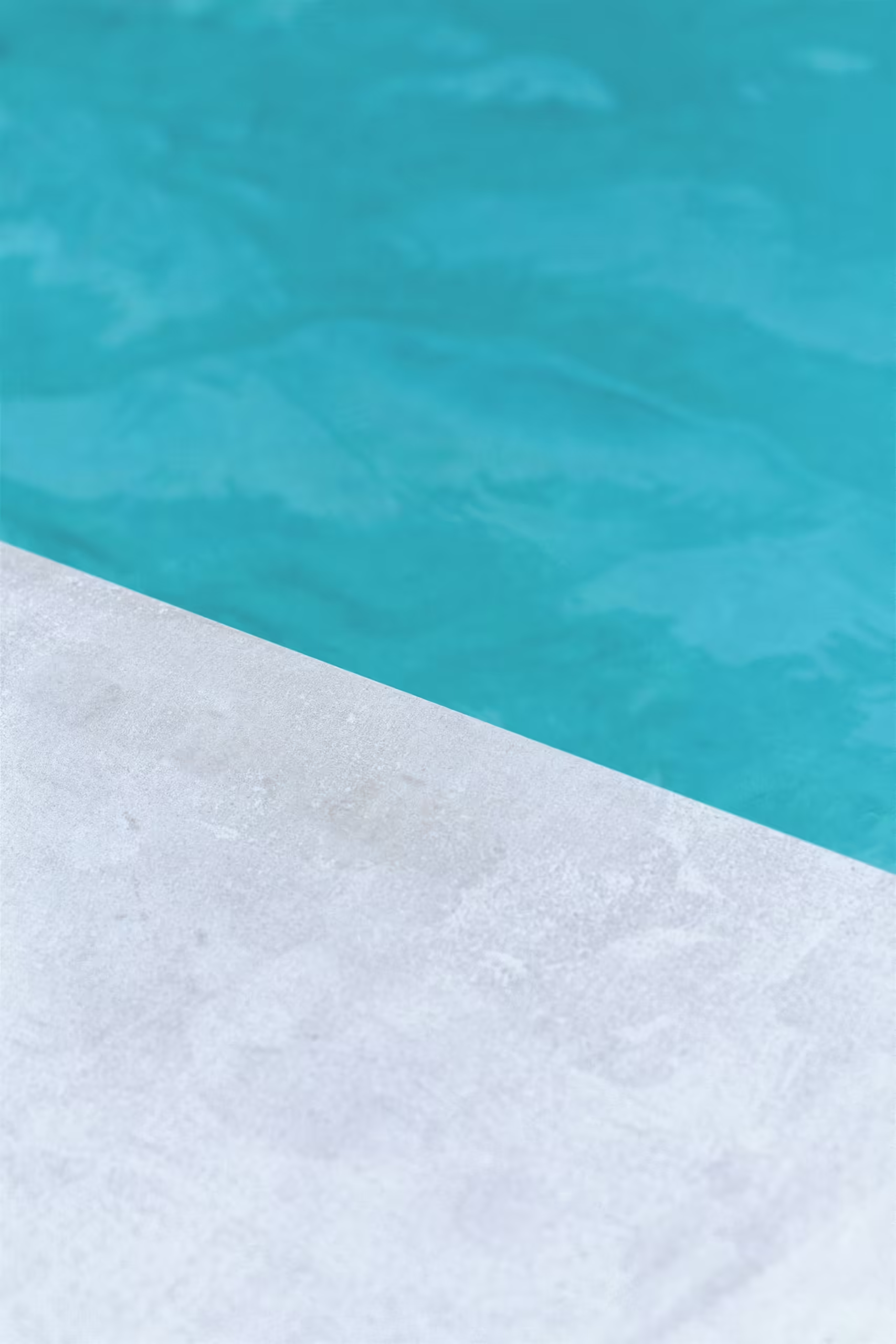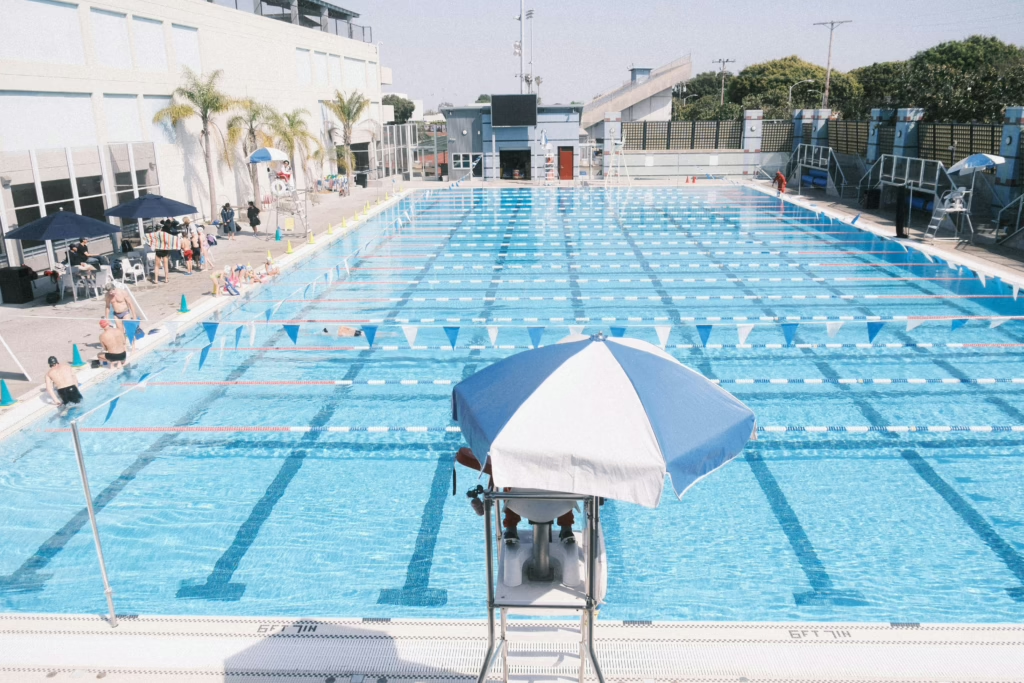Did you know that proper pool maintenance can extend your pool’s life by up to 15 years? Yet many pool owners confuse two critical maintenance procedures: pool draining and pool drain cleaning. If you’re searching for “pool drain cleaning near me,” finding a reliable and professional service provider can make all the difference. Here’s a guide to understanding what to look for, the services available, and how to choose the best option for your pool care needs.
As a pool owner, you’ve probably experienced that moment of uncertainty – is it time to drain the entire pool, or do you just need to clean the drains? This confusion is more common than you might think. The difference isn’t just semantic; it impacts your pool’s health, your maintenance schedule, and your wallet. Let’s dive into what makes these two processes distinct and when each one is the right choice for your San Diego pool.
Understanding the Basics
1. What Is Pool Draining?
Pool draining involves completely emptying your pool of all water. Think of it as a fresh start for your pool – removing every drop to allow for major work or a complete reset of your water chemistry.
2. What Is Pool Drain Cleaning?
Pool drain cleaning, on the other hand, focuses specifically on maintaining the drainage system without removing all the water. It’s about ensuring proper flow by removing debris and buildup from your drains, pipes, and filtration system.
When Each Service Is Necessary
When to Consider Draining Your Pool
- You’re planning major structural repairs like resurfacing or fixing cracks
- Your water chemistry is severely imbalanced beyond chemical correction
- You’re preparing for long-term closure or seasonal shutdown
- You need to replace tiles or perform underwater repairs that require a dry environment
When to Schedule Drain Cleaning
- You notice slower drainage or reduced circulation in your pool
- It’s been 6-12 months since your last drain cleaning (depending on usage)
- You’re preparing for peak swimming season
- Debris has accumulated around your drains despite regular skimming
- Your water quality is starting to decline despite chemical treatments
The Impact on Your Pool’s Health
Benefits of Proper Draining
- Allows for comprehensive structural maintenance
- Provides opportunity for thorough surface cleaning
- Enables complete reset of problematic water chemistry
- Prevents long-term damage from persistent issues
Benefits of Regular Drain Cleaning
- Maintains optimal water circulation and filtration
- Prevents algae growth and water quality issues
- Reduces strain on your pool pump, extending equipment life
- Lowers energy costs through improved system efficiency
- Prevents more serious clogs that might eventually require draining
DIY vs. Professional Services
What You Can Handle Yourself
- Basic surface skimming around drain areas
- Routine inspection of visible drain components
- Simple debris removal from accessible parts
When to Call the Professionals
- Deep cleaning of internal drain systems
- Addressing persistent clogs or drainage issues
- Preventative maintenance to extend system life
- Full pool draining operations (which require specialized equipment)
- When you notice unusual sounds from your drainage system
Cost Considerations for San Diego Pool Owners
Pool Draining Expenses
- Water removal costs (equipment rental or professional service)
- Refill water expenses (which can be significant in San Diego)
- Chemical rebalancing after refilling
- Potential structural considerations if not done properly
Pool Drain Cleaning Investments
- Regular cleaning services ($100-$300 in the San Diego area)
- Preventative maintenance savings (avoiding more costly repairs)
- Extended equipment lifespan value
- Water conservation benefits (compared to full draining)
Frequently Asked Questions:
1. How often should I clean my pool drains?
In San Diego’s climate, a good rule of thumb is to clean your pool drains at least once a year. However, if you have lots of trees nearby or heavy pool usage, consider cleaning every six months to prevent serious buildup.
2. Can I clean my pool drain myself?
While you can handle basic cleaning, professional services use specialized equipment to reach deeper into the system and address problems you might not see. DIY cleaning is good for maintenance, but professionals provide more thorough results.
3. What are the warning signs of a clogged drain?
Look for slow drainage, unusual noises from your plumbing system, decreased water circulation, or visible debris accumulating around drains. If your water quality deteriorates despite proper chemical balance, your drains might be the culprit.
4. Do I need to drain my pool completely to clean the drains?
No, and that’s the beauty of professional drain cleaning! Most drain cleaning services can thoroughly clean your system without removing all your water, saving you time and money.
5. How much does professional pool drain cleaning cost in San Diego?
In San Diego, professional pool drain cleaning typically ranges from $100-$300, depending on the size of your pool and the complexity of your drainage system. This investment helps prevent more costly repairs down the road.
Final Thoughts
Understanding the difference between pool draining and pool drain cleaning helps you make smarter maintenance decisions for your San Diego pool. While draining addresses major structural issues and severe water problems, regular drain cleaning prevents these issues from developing in the first place.
If you’re looking for dependable “pool drain cleaning near me,” PoolLogic San Diego offers comprehensive services tailored to your needs. Contact us today to schedule your next cleaning and enjoy a pristine pool all year round. With our 5-minute setup process, you’ll be on your way to better pool maintenance in no time.
Ready for better pool care? Your crystal-clear pool is just a phone call away, and your future self will thank you for the proactive maintenance that keeps your oasis beautiful for years to come.



